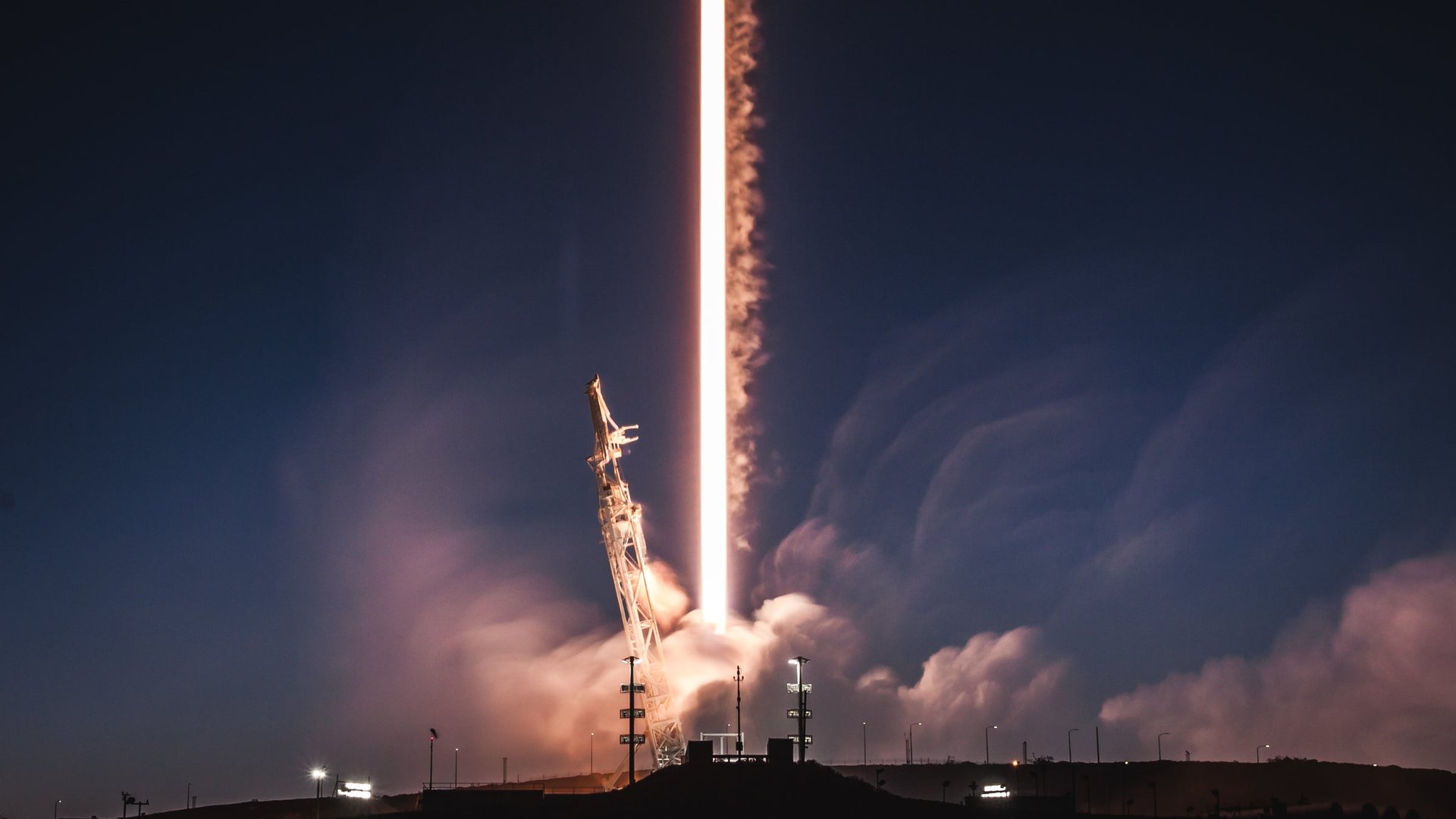SpaceX has launched its 50th Falcon 9 rocket to orbit
In less than a decade, SpaceX has gone from launching its first vehicle into space to flying its workhorse Falcon 9 rocket a total of 50 times.


In less than a decade, SpaceX has gone from launching its first vehicle into space to flying its workhorse Falcon 9 rocket a total of 50 times.
Elon Musk’s space company hit the new milestone for Falcon 9 rocket missions early this morning, launching a six-ton satellite the size of a small bus into orbit for Hispasat, Spain’s satellite telecommunications provider. It was the fifth launch this year for the Los Angeles-based rocket maker, which in the last 18 months has come to dominate the commercial rocket business, flying far more often than its competitors.
SpaceX only flew the Falcon 9 for the first time eight years ago, in a 2010 test mission for NASA. The 70-meter tall vehicle didn’t begin real commercial service until 2013, with its first commercial satellite launch. Falcon 9—named for the nine powerful liquid oxygen-and-kerosene fueled engines that carry it into space—was designed as a direct competitor for the Atlas V rocket built and operated by the United Launch Alliance, a joint venture of Boeing and Lockheed Martin.
SpaceX built its rocket—and its entire business—to be cheaper than its competitors. SpaceX’s Falcon 9 is listed at $62 million, while the Atlas V costs $108 million in its cheapest configuration. SpaceX’s price can go down further, however, thanks to its reusable booster, which can return to earth autonomously after flinging its payload into space. SpaceX can offer steep discounts with this feature, while also driving up its own profit margin.
ULA’s executives brag that their rocket has a proven record that outstrips the Falcon 9, and that is true—though it is rapidly coming to an end. The Atlas V has flown successfully 75 times, but SpaceX’s rocket could lap its predecessor in the next year if SpaceX’s most ambitious projections hold up, or in 2020 at current flight rates. That assumes, of course, that neither rocket runs into a failure, like the mishaps that shut SpaceX down for months in 2015 and 2016.
SpaceX has continued development on the Falcon 9 and hopes to settle on its final version, known as “Block V” and rated to carry humans safely into space by NASA, later this year. The company also flew its largest rocket, the Falcon Heavy, for the first time this year.